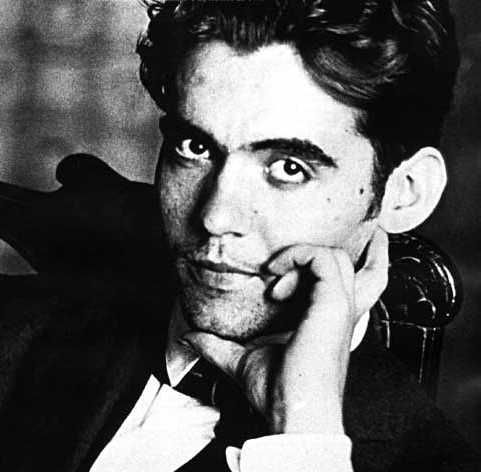Spanish judge authorizes opening of poet Lorca's mass grave
 Madrid - A judge at Spain's National Court on Thursday authorized the opening of a mass grave dating from the 1936-39 civil war and believed to contain the bones of poet Federico Garcia Lorca.
Madrid - A judge at Spain's National Court on Thursday authorized the opening of a mass grave dating from the 1936-39 civil war and believed to contain the bones of poet Federico Garcia Lorca.
Judge Baltasar Garzon accepted a request from 22 associations to investigate disappearances of leftist republican victims of the war, which was won by right-wing General Francisco Franco, and victims of Franco's subsequent dictatorship that lasted until 1975.
The judge authorized the opening of 19 mass graves containing remains of Franco's victims all over Spain, including one where Lorca is believed to lie buried in Viznar near the southern city of Granada.
Lorca was shot dead for being a leftist and homosexual in August 1936, one month after Franco's uprising against the legal republican government sparked the civil war. The poet, whose works are read all over the world, was 38 years old.
The families of two people who were executed with Lorca have sought the opening of the grave to give the victims dignified burials.
The Lorca family, however, opposed the initiative, arguing that exhuming Lorca would set him apart from thousands of others who were forgotten in mass graves.
Recently, however, the family said it accepted the opening of the grave, while stressing that it should not be turned into a media "spectacle."
Garzon ordered the creation of a group of experts to determine the exact location of the 19 mass graves and the number of people buried there.
He also pledged to identify those responsible for the killings, requesting the death certificates of Franco and 34 other members of his regime.
Garzon declared himself competent to investigate Franco's human rights abuses "in the context of crimes against humanity."
The subject had not come under widespread public discussion in Spain until Prime Minister Jose Luis Rodriguez Zapatero's Socialist government passed the so-called Law of Historic Memory in 2007.
After Franco's death in 1975, Spain wanted to turn a new page and granted his collaborators a collective amnesty in 1977.
The 2007 law seeks to rehabilitate Franco's victims by granting them official recognition, by removing Francoist monuments, and pledges some support to associations that have dug up the remains of some 4,000 people from mass graves. (dpa)